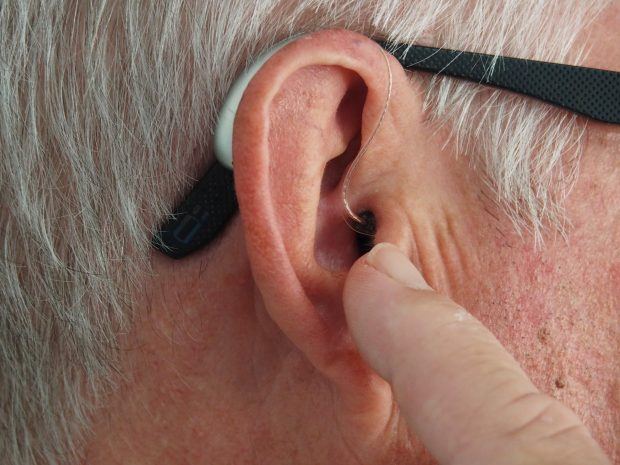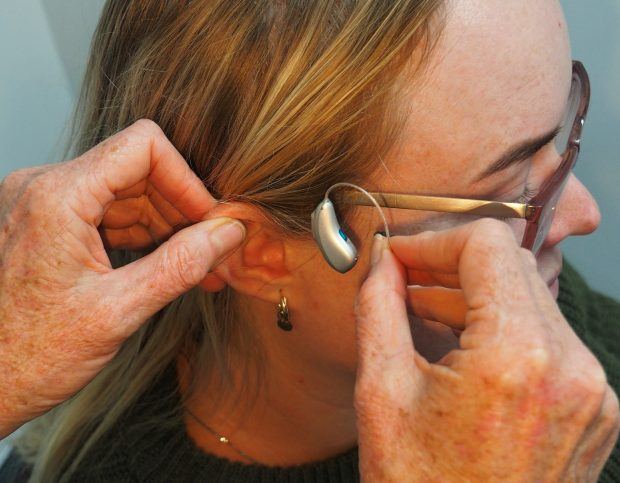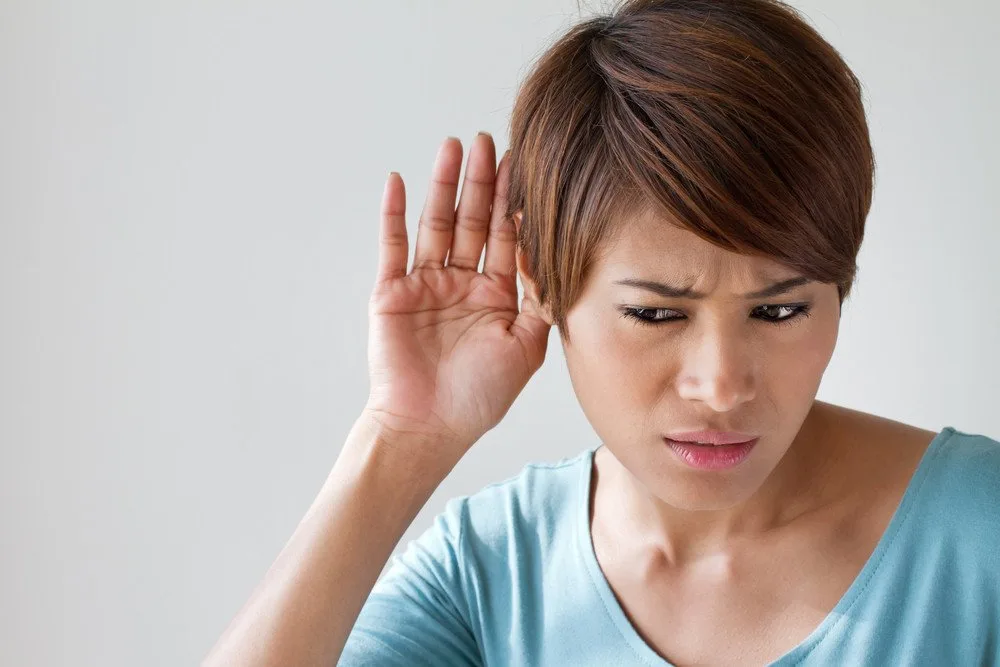High and low-frequency hearing loss is easy to distinguish based on the different sounds a person is not able to hear.
For instance, reduced capacity to detect low-pitched noises like people’s voices, the bass in songs, and thunderstorms are known as low-frequency hearing impairment. The severity of your loss of hearing, which can vary from minor to severe, will determine how well, or poorly, you can hear certain noises.
This kind of hearing loss primarily impacts how loud speech seems to you when it comes to voice volume perception. Vowel sounds, which are pronounced at a lower pitch than consonant sounds, become more challenging to hear as a result.
Contrary to high-frequency hearing loss, having others speak loudly will help you hear lower sounds better. Read on to learn more about the differences between high-frequency and low-frequency hearing loss, how to spot them, and the various treatment methods.
High-frequency vs low-frequency hearing loss
Low-frequency (reverse slope) hearing loss symptoms

Photo by Mark Paton on Unsplash
With this condition, women and children may be easier to understand than men, especially if they speak loudly, because of the different pitches of their voices. Compared to face-to-face interactions, you could have trouble hearing on the phone. Additionally, you likely don’t hear many “rumbling” noises from automobiles, trucks, or jet engines, and music could sound extremely tiny.
You might also appear to have an uncanny knack for picking up extremely high-pitched sounds that other people either miss or are unable to hear. People may often have to approach you closely when speaking to you. If you experience any of these symptoms, you should consider consulting with an audiologist for a proper diagnosis.
Reverse-slope hearing loss causes and treatment
This kind of hearing loss may occasionally be hereditary or result from a childhood disease. The majority of instances, however, are connected to autoimmune diseases, otosclerosis, or Meniere’s illness. They result in hearing loss, vertigo, and tinnitus.
Hearing loss in Meniere’s disease, however, may proceed to other types of hearing loss over time that affect sound across the pitch spectrum.
Without overamplifying higher-pitched sounds, hearing aids can assist with strengthening lower sounds. Finding the proper amplification can necessitate a little trial and error because of the rarity and intricacy of this type of hearing loss. For instance, you might have to cope with the occurrence of recruitment in hearing loss. To determine the best course of action, you should consult a skilled audiologist.
High-frequency hearing loss signs
You could find it difficult to hear some consonants when listening to people talk, which are spoken at a higher pitch. Speech may sound muffled, especially while you’re on the phone, watching TV, or in a noisy environment. People who experience this kind of hearing loss frequently report feeling as though they can hear but do not understand.
When the small sensory hearing receptors in your cochlea, which resemble tiny hairs, are injured, it poses a risk of developing high-frequency hearing loss. Stereocilia, which are hair cells, convert the noises your ears pick up into electrical impulses that your brain ultimately interprets as recognizable sounds.
High-frequency hearing loss causes
High-frequency hearing loss can affect anyone, and the causes are equally diverse. Presbycusis is the term for hearing loss brought on by aging. It happens very gradually, and until it’s fairly serious, you might not even be aware of it. Also, when exposed repeatedly to sounds greater than 85 dB, like in the case of an explosion or gunshot, damage can develop. It can also develop over time.
Some substances are ototoxic, which means they damage your hearing. Salicylates (aspirin) in excessive doses, medications used in chemotherapy, and antibiotics known as aminoglycosides are some of the more popular ototoxic medicines. Some diseases can also impact your hearing and cause damage to the ear.
Options for treating high-frequency hearing loss

Photo by Mark Paton on Unsplash
Loss of high-frequency hearing is typically permanent. Fortunately, hearing aids are quite effective for this kind of hearing loss. They may be customized for interests like music and birding. Typically, a receiver-in-the-ear (RITE) with a dome that rests in the ear canal is the best kind of hearing device for high-frequency hearing loss.
The open fit of this garment prevents it from obstructing your ability to hear low-frequency sounds naturally. It may only be set to amplify the frequencies you have trouble hearing.
Final thoughts
Most people’s most recent hearing test was while they were in primary school. Adults should get their hearing checked at least once as part of their yearly physicals. This test functions as a foundation so that, should you experience hearing loss, your audiologist may assess the severity of your hearing loss and customize your treatment to it by comparing your current hearing to your baseline. Learn more about the differences between high frequency vs. low frequency hearing loss.





![women [longevity live]](https://longevitylive.com/wp-content/uploads/2020/01/photo-of-women-walking-down-the-street-1116984-100x100.jpg)









